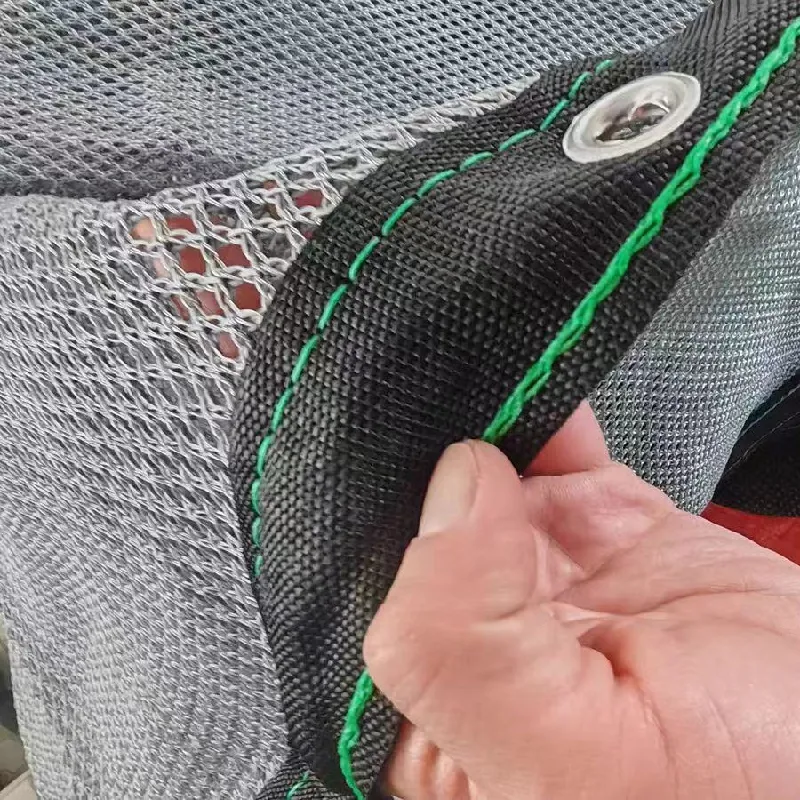-
 Afrikaans
Afrikaans -
 Albanian
Albanian -
 Amharic
Amharic -
 Arabic
Arabic -
 Armenian
Armenian -
 Azerbaijani
Azerbaijani -
 Basque
Basque -
 Belarusian
Belarusian -
 Bengali
Bengali -
 Bosnian
Bosnian -
 Bulgarian
Bulgarian -
 Catalan
Catalan -
 Cebuano
Cebuano -
 China
China -
 Corsican
Corsican -
 Croatian
Croatian -
 Czech
Czech -
 Danish
Danish -
 Dutch
Dutch -
 English
English -
 Esperanto
Esperanto -
 Estonian
Estonian -
 Finnish
Finnish -
 French
French -
 Frisian
Frisian -
 Galician
Galician -
 Georgian
Georgian -
 German
German -
 Greek
Greek -
 Gujarati
Gujarati -
 Haitian Creole
Haitian Creole -
 hausa
hausa -
 hawaiian
hawaiian -
 Hebrew
Hebrew -
 Hindi
Hindi -
 Miao
Miao -
 Hungarian
Hungarian -
 Icelandic
Icelandic -
 igbo
igbo -
 Indonesian
Indonesian -
 irish
irish -
 Italian
Italian -
 Japanese
Japanese -
 Javanese
Javanese -
 Kannada
Kannada -
 kazakh
kazakh -
 Khmer
Khmer -
 Rwandese
Rwandese -
 Korean
Korean -
 Kurdish
Kurdish -
 Kyrgyz
Kyrgyz -
 Lao
Lao -
 Latin
Latin -
 Latvian
Latvian -
 Lithuanian
Lithuanian -
 Luxembourgish
Luxembourgish -
 Macedonian
Macedonian -
 Malgashi
Malgashi -
 Malay
Malay -
 Malayalam
Malayalam -
 Maltese
Maltese -
 Maori
Maori -
 Marathi
Marathi -
 Mongolian
Mongolian -
 Myanmar
Myanmar -
 Nepali
Nepali -
 Norwegian
Norwegian -
 Norwegian
Norwegian -
 Occitan
Occitan -
 Pashto
Pashto -
 Persian
Persian -
 Polish
Polish -
 Portuguese
Portuguese -
 Punjabi
Punjabi -
 Romanian
Romanian -
 Russian
Russian -
 Samoan
Samoan -
 Scottish Gaelic
Scottish Gaelic -
 Serbian
Serbian -
 Sesotho
Sesotho -
 Shona
Shona -
 Sindhi
Sindhi -
 Sinhala
Sinhala -
 Slovak
Slovak -
 Slovenian
Slovenian -
 Somali
Somali -
 Spanish
Spanish -
 Sundanese
Sundanese -
 Swahili
Swahili -
 Swedish
Swedish -
 Tagalog
Tagalog -
 Tajik
Tajik -
 Tamil
Tamil -
 Tatar
Tatar -
 Telugu
Telugu -
 Thai
Thai -
 Turkish
Turkish -
 Turkmen
Turkmen -
 Ukrainian
Ukrainian -
 Urdu
Urdu -
 Uighur
Uighur -
 Uzbek
Uzbek -
 Vietnamese
Vietnamese -
 Welsh
Welsh -
 Bantu
Bantu -
 Yiddish
Yiddish -
 Yoruba
Yoruba -
 Zulu
Zulu
Innovative Uses of Nylon Netting to Enhance Agricultural Practices and Crop Protection Techniques
Nylon Net for Agriculture A Multifunctional Solution
In the ever-evolving world of agriculture, innovation plays a crucial role in enhancing productivity, sustainability, and efficiency. One of the most versatile tools gaining traction in modern farming practices is the nylon net. This seemingly simple material offers a plethora of benefits, making it an indispensable element in agricultural operations.
Nylon nets are primarily designed for various agricultural applications such as crop protection, irrigation management, and pest control. The resilience and durability that nylon provides make it an ideal choice for farmers looking to shield their crops from adverse environmental factors. The UV-resistant properties of nylon nets prevent degradation from harsh sunlight, ensuring that they maintain their structural integrity over time. This durability translates into longer lifespan and reduced replacement costs, making them a cost-effective solution for farmers.
Nylon Net for Agriculture A Multifunctional Solution
In regions prone to damaging weather, nylon nets can also serve as windbreaks or shade cloths. These nets can mitigate the impact of strong winds, preventing soil erosion and protecting young plants from wind damage. Similarly, in areas with intense sunlight, shading nets help regulate temperature and humidity levels, creating a more conducive environment for plant growth. By managing the microclimate around crops, nylon nets can contribute significantly to improved yields.
nylon net for agriculture

Moreover, nylon nets are beneficial in enhancing irrigation practices. Farmers can use them to create trellises for climbing plants, such as tomatoes and cucumbers, optimizing space and improving air circulation. This efficient use of space is crucial as the agricultural sector seeks to maximize output while minimizing land use. The nets support the plants as they grow, reducing the risk of disease caused by humidity and promoting better sunlight exposure, ultimately leading to healthier crops.
Another compelling aspect of nylon nets in agriculture is their role in aquaculture. Nylon nets are commonly used in fish farming and other aquatic systems to create enclosures that protect fish from predators while allowing water and nutrients to flow freely. This application enhances fish survival rates and growth, contributing to a sustainable source of protein for human consumption.
As agriculture becomes increasingly aware of the importance of sustainable practices, the demand for environmentally friendly solutions continues to rise. Nylon nets, being reusable and recyclable, align with sustainable farming practices. They help farmers reduce their environmental footprint by lowering the reliance on harmful chemicals and offering an alternative to single-use plastics.
In conclusion, nylon nets are revolutionizing agricultural practices by providing innovative solutions for crop protection, irrigation management, and environmentally friendly farming. With their durability, versatility, and effectiveness, they represent a significant advancement in the quest for sustainable agriculture. As more farmers adopt these nylon nets, we can expect to see enhanced productivity and resilience in the face of challenges posed by climate change, pests, and market demands. By leveraging the benefits of nylon, the agriculture sector is well on its way to a more sustainable and prosperous future.
-
Shipping Plastic Bags for Every NeedNewsJul.24,2025
-
Safety Netting: Your Shield in ConstructionNewsJul.24,2025
-
Plastic Mesh Netting for Everyday UseNewsJul.24,2025
-
Nylon Netting for Every UseNewsJul.24,2025
-
Mesh Breeder Box for Fish TanksNewsJul.24,2025
-
Expanded Steel Mesh Offers Durable VersatilityNewsJul.24,2025











